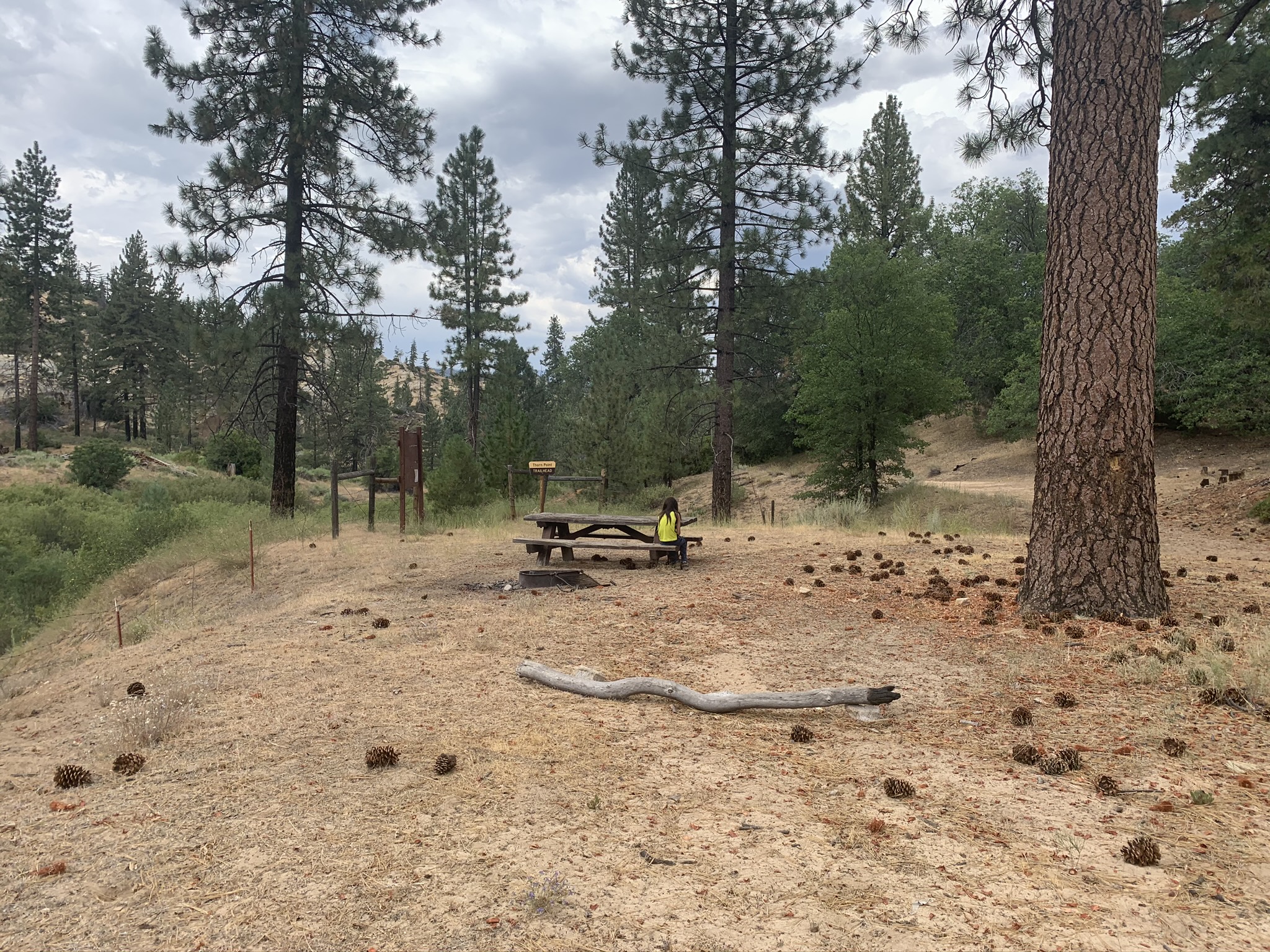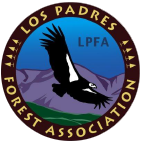 Thorn Meadows Campground South Los Padres National Forest
Thorn Meadows Campground South Los Padres National Forest
- Camp Type: Car Campground - No Reservations, first-come, first-serve walk-in campground
- Topo Map Link: Lockwood Valley
- Elevation: 5000 feet
- Wilderness Area: Non Wilderness Area
- County: Ventura County
- Ranger District: Mt. Pinos Ranger District
- Longitude: -119.1142223
- Latitude: 34.6265043
- Water Sources: Seasonal water in small creek next to camp
- Length of Stay: 14 Days
- Reservations: Car Campground - No Reservations, Walk In
Recent Water Reports:
| Date | Surveyor | Water Report |
| 10-15-2022 | Menso de Jong | Dry |
| 09-25-2021 | Anonymous Surveyor | Dry |
| 11-27-2020 | Molly Troup | Dry |
| 08-15-2020 | Antonio Calderon | Dry |
| 07-03-2020 | Joshua ward | Dry |
| 05-23-2020 | Anonymous Surveyor | Stagnant |
| 10-15-2019 | Trevor C | Dry |
| 05-20-2018 | Craig R. Carey | Flowing |
| 05-13-2018 | Nate | Flowing |
| 05-12-2018 | Laura | Flowing |
| 11-22-2017 | Los Padres Forest Association | Trickle |
| 09-16-2017 | Jesse A | Dry |
| 05-27-2017 | Anonymous Surveyor | Trickle |
| 09-26-2015 | Los Padres Forest Association | Dry |
Description:
Thorn Meadows is an old Forest Service guard station. The station remains but is in pretty bad shape and riddled with bullet holes and bear scratches. Visit it while you can because it most likely won't be there too long. The camp is accessible via Grade Valley Rd and is an easy drive for all high clearance vehicles and most well driven passenger cars. The camp is set amongst pine trees and sandstone outcrops. It is also the trailhead for Thorn Point lookout tower and close to the Cedar Creek Trailhead. Even with the ease of access, you should find the camp empty if you go visit.
W. H. Thorn was an early day surveyor with the U. S. Geological Survey that mapped the central Ventura County area in 1905. Both the meadow, camp and point were named for him. During a drought cattlemen brought their cattle up to find feed and water. The Snedden Land and Cattle Company ran cattle in this area along Piru Creek.
Thorn Camp was established in 1961. At the camp there are 3 camp sites with tables and stove, one is across the creek. There is a public horse corral. The camp and meadow are located at the start of the steep horse Trail 21W07 which leads from the end of the right fork of Grade Valley Road. The trails goes up the north tee of the mountain to reach the abandoned Thorn Lookout.
When the lookout was manned during the fire season a pack train of Forest Service mules made the trip carrying supplies, mail and water to the lookout person. The tower is in good shape but no longer manned during the fire season.
Recent Uploads:

Photo By: Antonio Calderon - Website Link



 Use Marker Groups
Use Marker Groups


 Thorn Meadows Campground Survey - 10-15-2022 - by Menso de Jong
Thorn Meadows Campground Survey - 10-15-2022 - by Menso de Jong